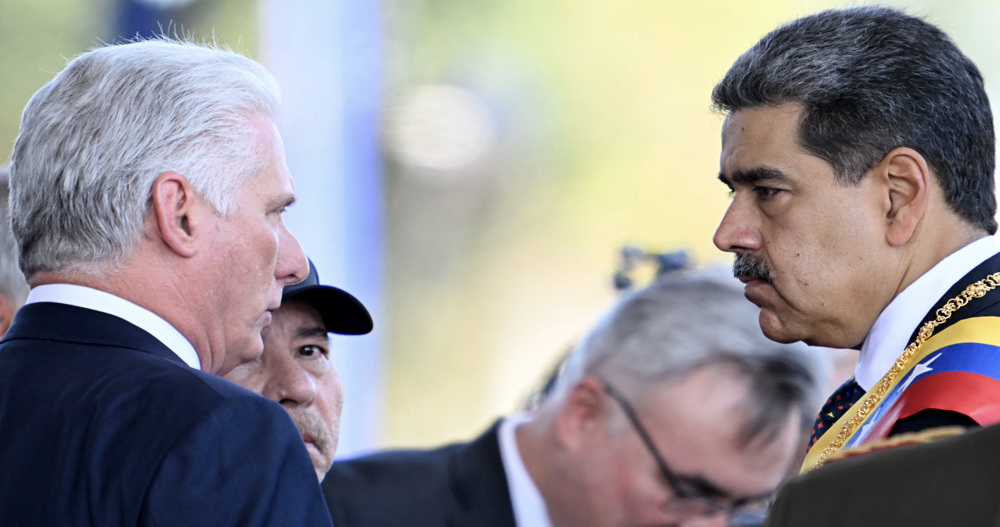Israel to receive less US military aid than Netanyahu requested: White House sources
Israeli Prime Minister Benjamin Netanyahu will not be getting what he wants from US President Barack Obama during his trip to the United States, according to White House sources.
The White House sources told the New York Times on Friday that Israel would not be receiving an increased compensation package from the US government.
Netanyahu will arrive in Washington on Monday in order to meet Obama, the first meeting between the two since the signing of the Iran nuclear agreement in July.
One of Netanyahu's main objectives for the trip was to reach an agreement on a new military aid program for Israel worth $5 billion a year, including compensation Israel was supposed to receive following the Iran nuclear deal.
The Obama administration sources noted that the Iran issue would not be discussed in the meeting between Netanyahu and Obama, and also claimed that any compensation would not be increased as had been suggested in some reports.
"There is no justification for an increased compensation package, especially in light of the Federal budget cuts and the current battle in Congress over the 'wastage' of the US government," a White House source said.
It was reported this week that Israel requested that the US raise its annual military aid program from the current $3 billion to $5 billion, amounting to a total of $50 billion.
Obama is not expected to authorize this agreement, instead granting Israel a billion dollars less.
Earlier this year, the already sour relationship between Obama and Netanyahu reached a new low point when the Israeli premier launched a public campaign to undermine the now-concluded Iran nuclear talks.
He made a speech to the Republican-controlled Congress in March in which he urged lawmakers to oppose the deal.
“They have a fraught relationship and it’s fueled by a belief on the part of both of them that the other is trying to screw them, trip them up, thwart their policies, corner them, ambush them,” said Martin Indyk, the president’s former special envoy to the Middle East. “They each have a number of cases where they feel the other acted in bad faith.”
VIDEO | Strip filled with joy upon deal announcement
Dozens of Palestinians killed in Israeli strikes since ceasefire deal
Top general: Enemy dares not cast hostile glance at Iran
South Korean president skips questioning for second day after arrest
IRGC captures 15 terrorists during drills in southeast Iran
Bright prospects of Iran’s energy portfolio
VIDEO | Iran and Russia's partnership agreement
VIDEO | California wildfires leave residents struggling with insurance gaps and housing shortages










 This makes it easy to access the Press TV website
This makes it easy to access the Press TV website